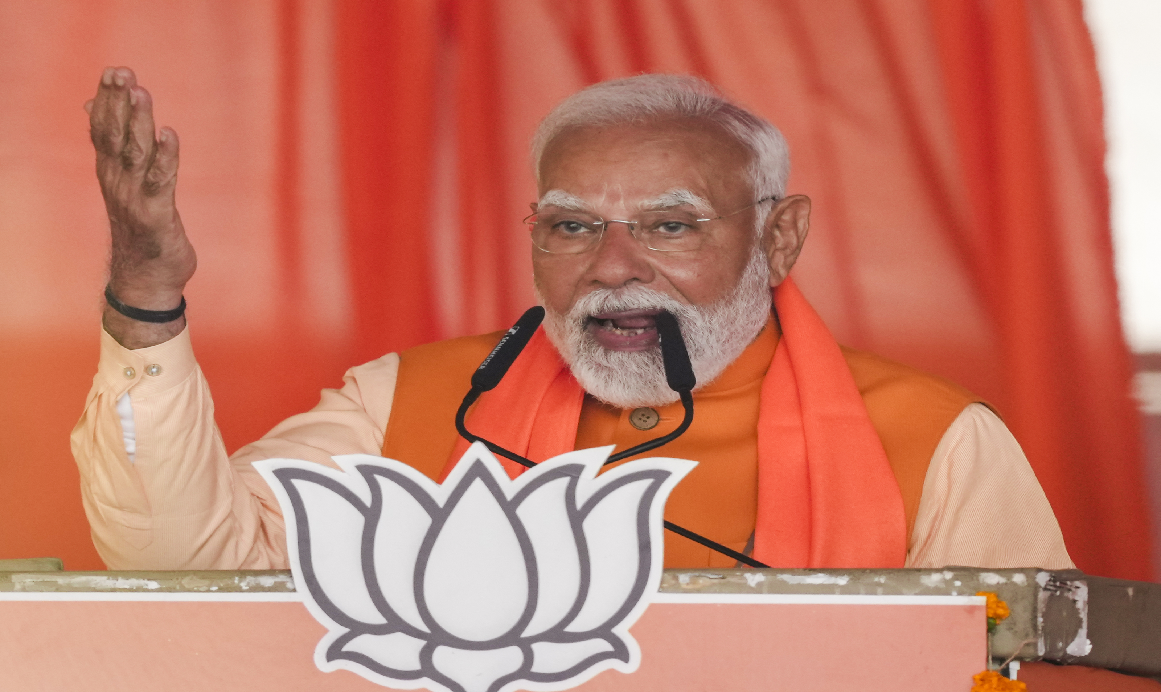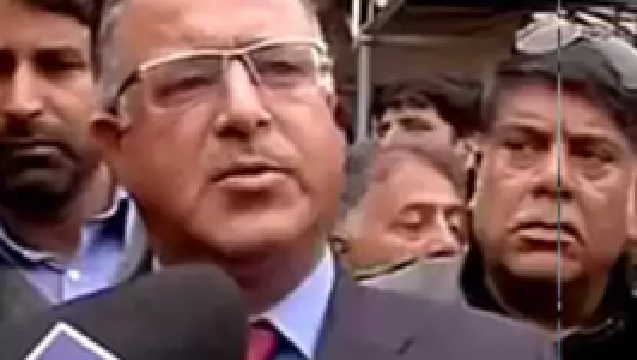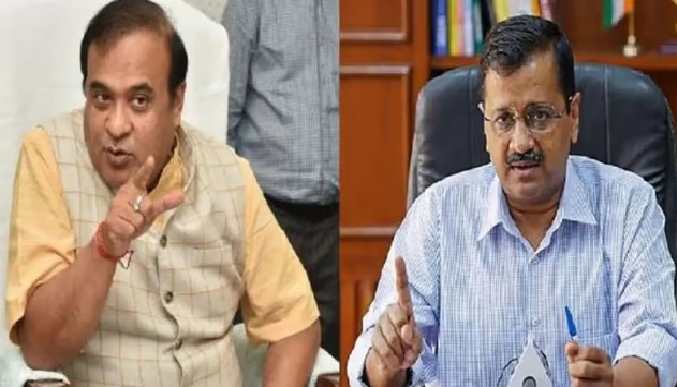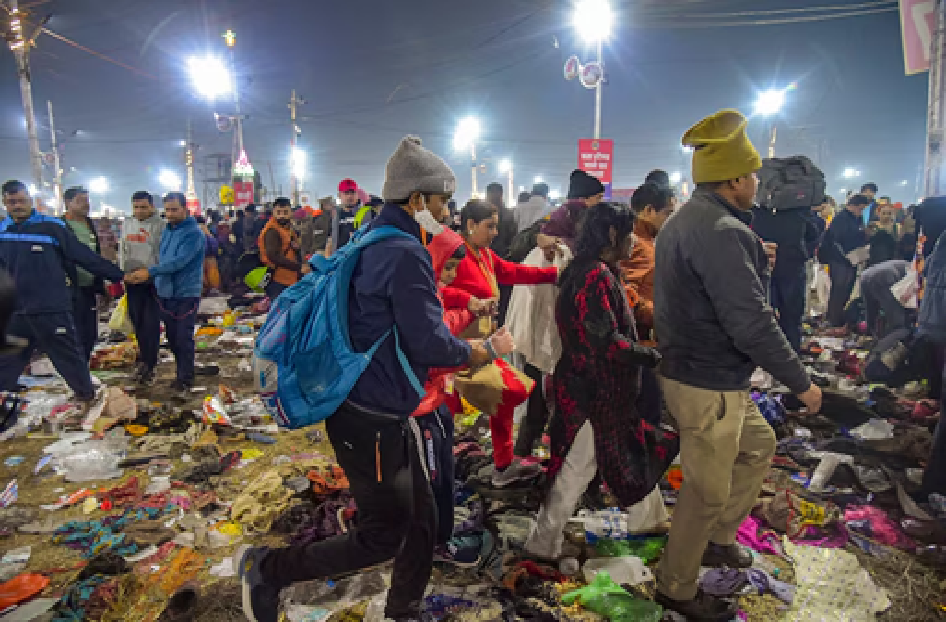
The valley through her lens
Hameed Ashraf | NT
In April 2020, Masrat Zahra, a freelance photojournalist from Srinagar was booked under the stringent Unlawful Activities (Prevention) Act, normally used for terrorists, for her supposedly “anti-national” Facebook Posts. Her photographs, uploaded on social media, were attributed with “criminal intention to induce the youth. The move was widely criticised but in Kashmir, the UAPA is used with a free hand.
The severe consequences of being an artist in one of the most densely militarised areas on earth haven’t deterred Nawal Ali, Ufaq Fatima and Zainab Mufti, the co-founders of Her Pixel Story, a female photography collective. They speak of injustice through art, showcasing the myriad forms of violence that exist there. “Women are the worst victims of the conflict, yet they have also come to the forefront of the resistance,” says Nawal Ali, a researcher, photographer and co-founders of Her Pixel Story. Ali, Fatima and Mufti were part of a webinar titled The Valley through Her Lens, the story of Kashmir’s female photographers, hosted by the Bangalore International Centre on Sunday.
“Artists have shown tremendous courage by speaking against injustice through their art,” says Ali, whose research revolves around human security amid state violence in Kashmir, especially in the LoC areas. Her photography oscillates between personal narratives and long term associations that complement her research work. “Ours is not just art for art’s sake. It is a way of highlighting the real and legitimate voices and demands of Kashmiris and the human cost of an occupation that has been distorted by Indian media,” she said.
The shores of Dal Lake provide their photographs with a breathtakingly scenic backdrop but the stories they tell are stark. They represent a visual counter-narrative: the brutality that is part of daily life in Kashmir and its highly masculinised nature. There’s a man with an amputated leg, in another, a broken structure - the remnants of a cowshed where militants carried out their firing. There’s also a burkha-clad woman without hands.
“I always wanted to contextualise the images I capture. My images are a reflection of our own imagination,” says Zainab Mufti, a visual artist based in Kashmir.
Ali’s work is born of her research and for Mufti, the photographs are personal, born of her own experiences. Uffaq Fathima, a visual artist, calls her series ‘a silence’. Her work, she says, is about taking refuge.
Her Pixel Story will soon be out with a print edition titled, “The Valley Through Her Lens.”
 English daily published in Bengaluru & Doha
English daily published in Bengaluru & Doha






